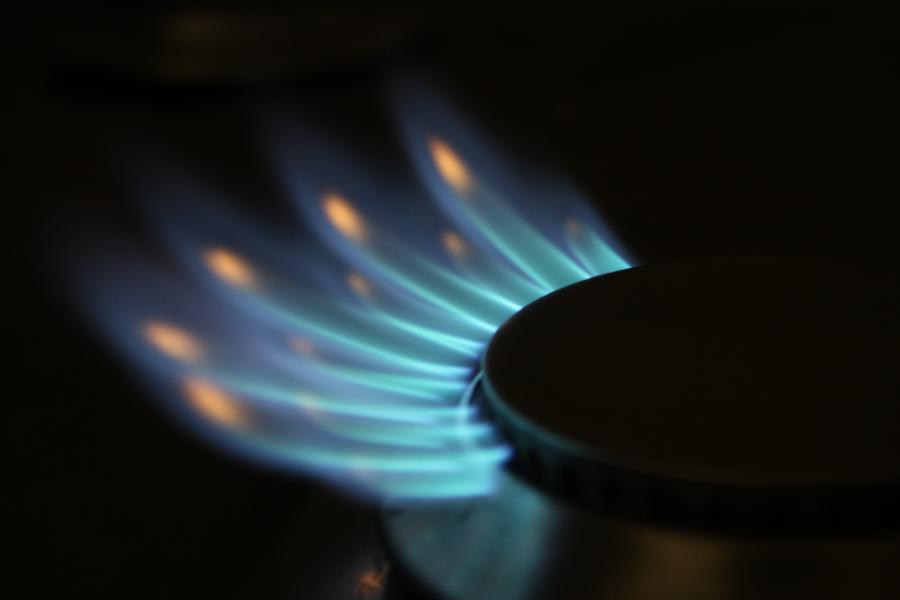Because it is Tafazziano to beat Russia on gas. Word of Crosetto and Torlizzi

What Guido Crosetto and Gianclaudio Torlizzi write about the gas price crisis in Europe between EU choices, US aims and the role of Russia. All the details
What are the real reasons for the rise in energy prices? And what to do to cushion its effects?
In the Sole 24 Ore Guido Crosetto (entrepreneur and one of the founders of Fratelli d'Italia) and Gianclaudio Torlizzi (raw materials expert and founder of T-Commodity) wrote that the energy price crisis represents a serious crisis which, if not managed adequately, "risks potentially jeopardizing its resistance". But the "feeling", according to the authors of the intervention published in the Confindustria newspaper, is that "there is still no real awareness of the gravity of the phenomenon".
THE PRICES OF GAS AND ELECTRICITY
On Tuesday, natural gas prices in the Netherlands, the benchmark for the European market, have arrived at a record low of 171.40 euro per megawatt hour. The average spot price (i.e. the daily and wholesale price) of electricity (often generated from gas) should close 2021 around 119 euros / MWh: in 2020, the year in which the pandemic crisis was strongest, the average price was 39 euros / MWh.
The rise in energy prices has translated into increases in electricity and gas bills starting from the last summer months, and also in the first quarter of next year . The European national governments, including the Italian one, have allocated funds to mitigate the impact on the population: but these were, as Crosetto and Torlizzi point out, short-term measures, "temporary solutions that will need to be replaced with broader policies radius".
The question of structural interventions on the Community energy market is under discussion in the European Union, but so far there has been no agreement due to the divergent positions of the member states. In short, there are two blocks : one, more interventionist, is headed by France and Spain; the other, very cautious, is led by Germany.
THE CAUSES OF THE CRISIS
The energy price crisis has many causes , which are intertwined. Crosetto and Torlizzi underline two in particular: the “climate policies”, that is the detachment from fossil sources in favor mainly of intermittent renewables (wind and solar); and "the management of relations with Gazprom ", the Russian gas company which is Europe's main supplier.
In the period January-November of 2021, the two write, gas production on the European continent reached 23.3 billion cubic meters, against 70.3 in 2019 "due to the always zealous targets for reducing CO2 emissions. ".
THE ROLE OF RUSSIA
“In a context of increased demand and a decline in domestic production”, they continue, “there was nothing else to do but rely on foreign suppliers”: the Russians, first of all. Torlizzi (author of the recent essay Materia rara) and Crosetto (president of Aiad, the association that brings together aerospace and defense companies) criticize Brussels for having renounced long-term contracts with Moscow to give priority to the spot market: it is the position also of Vladimir Putin .
According to some analysts, Russia is exploiting European energy vulnerabilities to limit flows and aggravate the gas crisis, in order to favor the approval of Nord Stream 2, the direct gas pipeline with Germany. Nord Stream 2 would bring not only economic benefits to Moscow, but also political ones: the conduct, in fact, does not pass through Ukraine, a country that the Kremlin has an interest in removing from Europe (it also fears its entry into NATO) .
THE ROLE OF THE UNITED STATES
Nord Stream 2 is heavily criticized (and sanctioned) by the United States, which considers the infrastructure a geopolitical weapon that will allow Russia to increase its influence on Europe and more easily promote its interests.
In addition to the tactical issues, of containing the Russian projection, the American position also hides commercial interests: the United States would like to increase the exports of their liquefied natural gas (LNG) to Europe, going to gnaw the market shares of the Russian one via pipes. Washington has repeatedly presented its LNG as "molecules of freedom". The message is the following: freedom from blackmail is even more important than the price convenience offered by Moscow.
However, it is not certain that American companies – in the United States the political leadership cannot completely impose itself on private initiative – should send their LNG carriers to Europe. On the Asian markets, gas prices are usually higher and allow for greater profits. In recent days we have witnessed however reversed: two US cargoes of LNG traveling in the Indian Ocean, that is, were diverted to Europe to take advantage of record prices. Also because storage levels in Asia (in Japan, for example) are good today, unlike those in the Old Continent.
THE INSIGHTS OF START MAGAZINE
Here are some recent articles from Start Magazine to explore the energy issue:
- Does Cingolani want to give gas to Italy?
- How to avoid the maxi increase in bills? Ideas and proposals
- Because for the good of Italy, gas should not be scrapped. Intesa Sanpaolo Report
- Why Putin taunts the EU on gas prices
- Why your bills will still skyrocket (according to the energy authority)
This is a machine translation from Italian language of a post published on Start Magazine at the URL https://www.startmag.it/energia/crisi-gas-europa-russia-stati-uniti/ on Thu, 23 Dec 2021 09:08:35 +0000.
